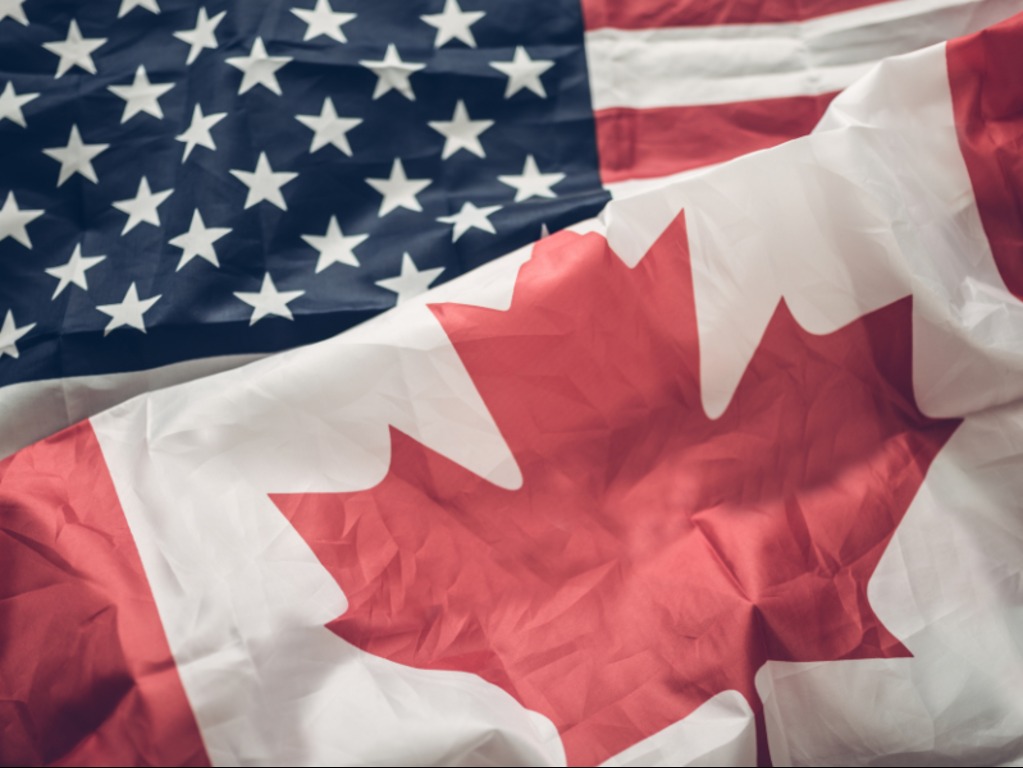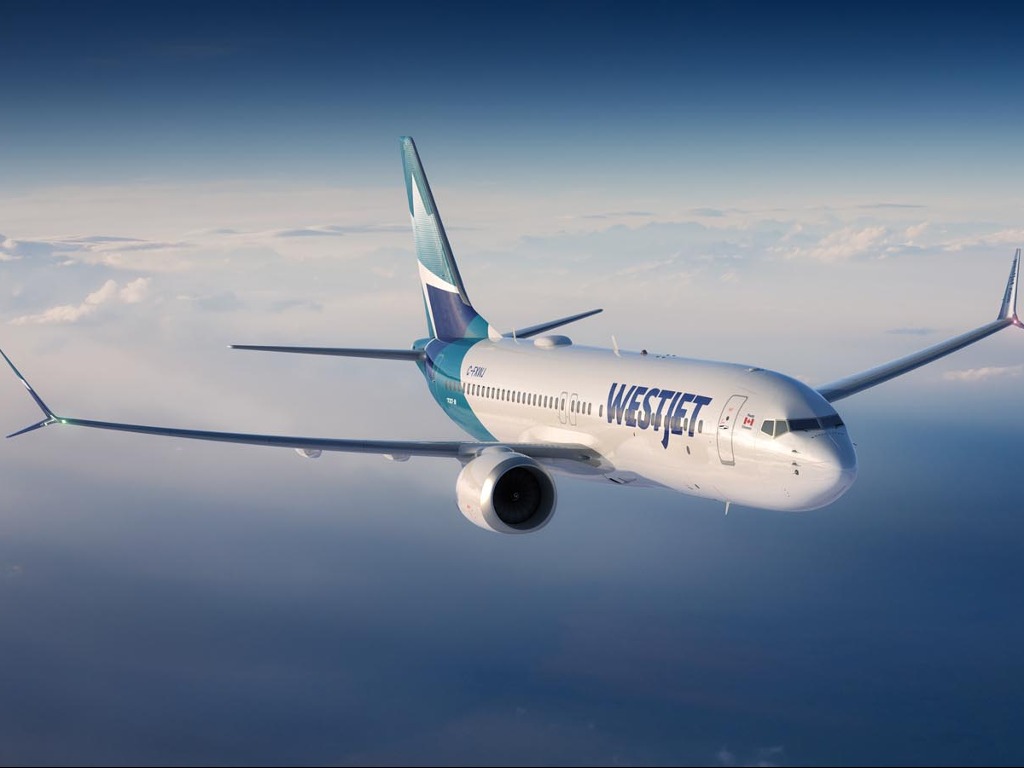Trump moves ahead with ‘retaliatory’ tariffs, but Canada, Mexico spared

U.S. president Donald Trump moved ahead with his plan to impose tariffs on countries around the world on April 2, 2025, releasing a list of the targeted nations.
Canada and Mexico were not on that list, with a White House fact sheet explaining that: “For Canada and Mexico, the existing fentanyl/migration IEEPA orders remain in effect, and are unaffected by this order.”
It explains that: “This means USMCA compliant goods will continue to see a 0% tariff, non-USMCA compliant goods will see a 25% tariff, and non-USMCA compliant energy and potash will see a 10% tariff. In the event the existing fentanyl/migration IEEPA orders are terminated, USMCA compliant goods would continue to receive preferential treatment, while non-USMCA compliant goods would be subject to a 12% reciprocal tariff.”
Commenting on the tariff announcement, Daniel Tisch, president and CEO of the Ontario Chamber of Commerce, said: “President Trump has declared today ‘Liberation Day,’ but the only thing being liberated is hard-earned cash from the pockets of American consumers, who will pay these tariffs.”
Tisch continued: “Canadians can take some comfort in being spared the worst of today’s announcement, thanks to the hard work of our political and business leaders in defending Canada’s interests, and those of businesses, workers and communities in both countries. Unfortunately, a high-tariff environment – and constant U.S. policy changes – will continue to drive jobs and investment away from North America, and cause insecurity and instability around the world. The global economy is not a reality TV show. Businesses and investors deserve thoughtfulness rather than theatrics, and certainty rather than psychodrama.”
Tisch emphasized that: “For Canadians, certainty will come only from getting to the table quickly to renegotiate the Canada-U.S.-Mexico Trade Agreement, while taking action to diversify our trading partners and strengthen our competitiveness at home. We call on our political leaders to unify us, not divide us, and to work together to make this happen.”
And he pointed out that with the April 2 announcement, “the tariff crisis has gone from a North American phenomenon to a global one. This opens the door to new partnerships, and new opportunities. Canada must seize them.”
New York Governor Kathy Hochul said in a statement: “Since the start of the Trump administration, the constant threat of tariffs has caused nothing but chaos and uncertainty. Tariffs are estimated to cost Americans upwards of $6,500, 401(k)s are plummeting and businesses that rely on tourism are feeling the negative impacts of the loss of our Canadian visitors from Niagara Falls to Montauk Point.”
Governor Hochul continued: “Don’t be fooled, this so-called ‘Liberation Day’ is nothing but a reckless tax on hard working New Yorkers that is hurting small businesses, driving up costs for families and alienating our long standing global partnerships. This is not how you grow an economy, it’s how you tank one.”
And in case you were wondering, the Trump Administration’s 10% reciprocal tariffs have been imposed on a total of 25 destinations in the Caribbean and Central America. Countries impacted by the U.S. tariffs include:
- Costa Rica – 10%
- Dominican Republic – 10%
- Trinidad and Tobago – 10%
- Bahamas – 10%
- Haiti – 10%
- Jamaica – 10%
- Sint Maarten (semi-autonomous country of the Netherlands) – 10%
- Belize – 10%
- British Virgin Islands (British overseas territories) – 10%
- Barbados – 10%
- Cayman Islands – 10%
- Curacao – 10%
- Antigua and Barbuda – 10%
- Bermuda – 10%
- Saint Kitts and Nevis – 10%
- Grenada – 10%
- Turks and Caicos Islands – 10%
- Aruba – 10%
- Saint Vincent and the Grenadines – 10%
- Saint Lucia – 10%
- Montserrat (British overseas territory) – 10%
- Guadeloupe – 10%
- Martinique – 10%
- Dominica – 10%
- Anguilla (British overseas territory) – 10%
Tags:


